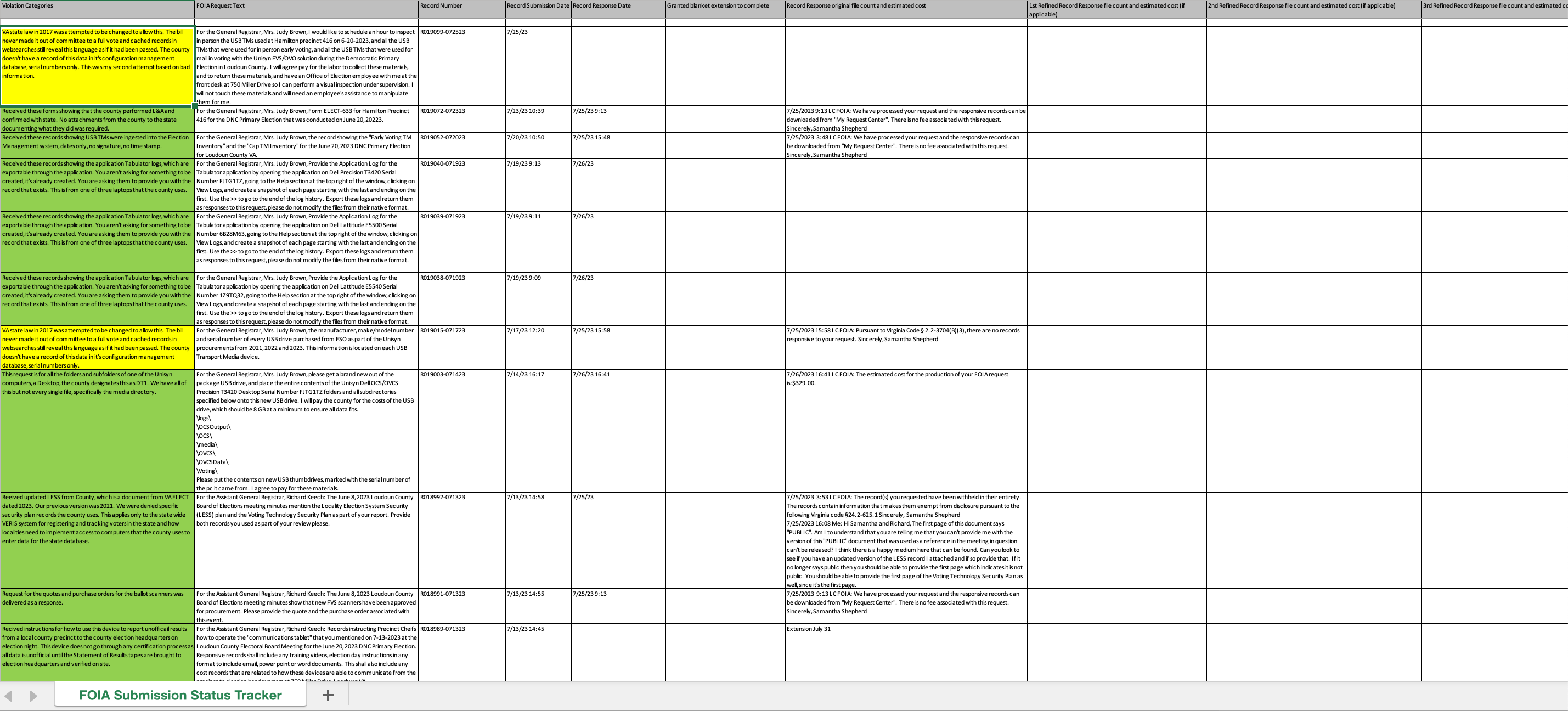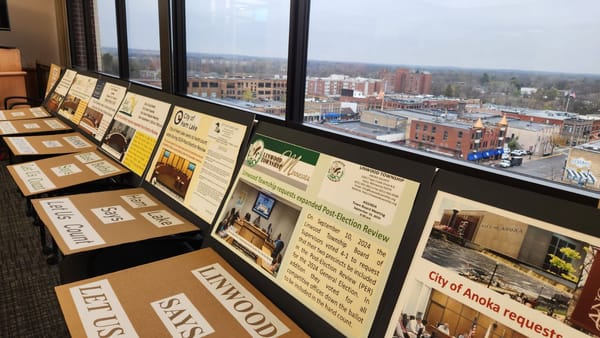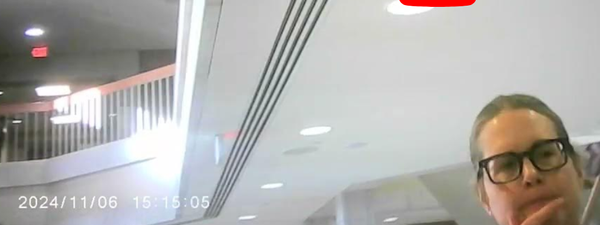Learn How to Submit Data Requests
And how statewide FOIA requests led to a misstep by Minnesota's 93rd Legislature
Any government work product that isn't classified or otherwise withheld by a statute is public data.
Last year's efforts to obtain public election records, including the coveted cast vote record (CVR) reports and their corresponding ballot images was largely unsuccessful, but much was learned about various county's willingness to be transparent (most in MN have not been). And some have questioned why the public should want public data at all.
For decentralized and distributed groups, using public data requests or public records requests is a critical aspect of learning basic facts about a variety of government work.
Consider a FOIA status tracker like this one from VA:

Columns: Violation Categories; FOIA Request Text; Record Number; Record Submission Date; Record Response Date; Granted blanket extension to complete; Record Response original file count and estimated cost; 1st Refined Record Response file count and estimated cost (if applicable)
For Minnesota, we have denials for CVR requests from many of the counties. The responses demonstrate a pattern that led to further inquiry. Eventually the 93rd Legislature passed law that acknowledged the existence of the CVRs but limited their release, a sharp decrease in transparency and in my opinion a clearly corrupt law.
The records requests from all over Minnesota helped to create this misstep from the 93rd Legislature and it is a dark spot on the voting records of that body and whomever did not oppose HF1830 vocally or otherwise.




